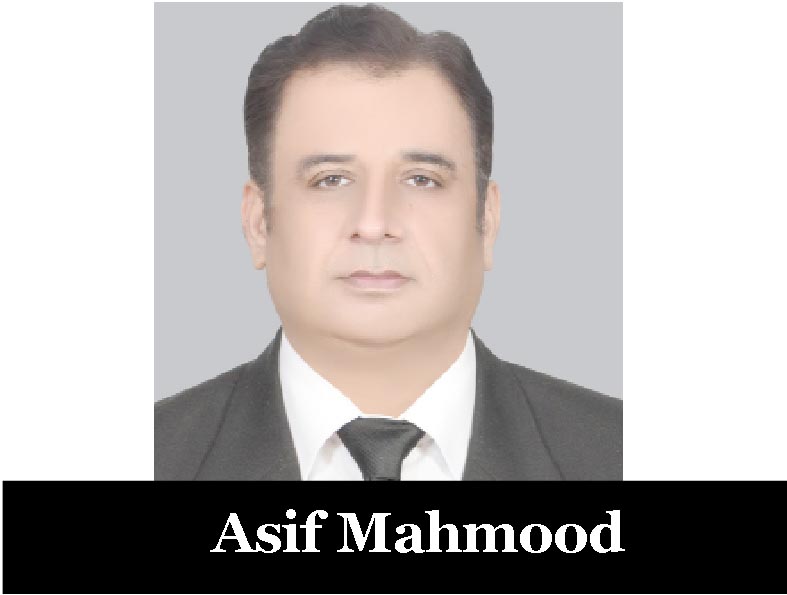Asif Mahmood
Pakistan’s GSP Plus status is up for review, and once again the debate has turned into a familiar cycle of selective criticism and one sided expectations. The recent remarks of the EU Ambassador that Pakistan must “do more” ignore the significant steps Pakistan has already taken and overlook the complicated environment in which global human rights conversations now take place.
Over the past decade Pakistan has introduced major reforms that directly relate to its GSP Plus commitments. These are not small, symbolic gestures. They include federal and provincial laws to protect journalists, prevent domestic violence, strengthen investigation and trial of rape cases, and safeguard transgender citizens. Parliament passed the Protection of Journalists and Media Professionals Act in 2021 to ensure safety of media workers and create formal mechanisms to investigate threats and attacks. The Anti Rape (Investigation and Trial) Act was another major step that set up special courts, improved forensic standards and created stronger penalties for offenders. Domestic Violence laws between 2020 and 2022 criminalised abuse and put in place protection orders and shelters. The Transgender Persons Act of 2018 recognised self perceived gender identity and guaranteed access to services. The Zainab Alert Act created a rapid response system for abducted children. The National Commission on Human Rights continues to function as an independent body empowered to investigate violations and review state compliance with international conventions.
These reforms show that Pakistan has moved forward, not backward. But in today’s international environment, human rights discussions are no longer neutral. They are often influenced by geopolitics, lobbying networks and selective activism. Western platforms frequently project a narrow picture of Pakistan, shaped heavily by dissidents in exile who use rights language to advance political agendas. Some groups abroad have turned human rights into a strategy of victimhood designed to create pressure on the state while masking their own links to separatist or violent movements. There are documented cases of terrorist outfits using activists and front organisations to widen their influence and restrict state responses. These networks, operating under the banner of advocacy, aim to weaken institutions and create ethnic discord.
Individuals like Mahrang Baloch are celebrated internationally as champions of rights but stay silent on the crimes of banned terrorist groups such as the Balochistan Liberation Army and the Balochistan Liberation Front. Certain media outlets promote voices like Mir Yar Baloch whose narratives align closely with lobbying campaigns. The sudden spike in stories on Balochistan by The Diplomat earlier this year also raises questions about the motives behind such targeted coverage.
What is missing from these conversations is any acknowledgment of human rights violations in the very countries that criticise Pakistan. Reports by Human Rights Watch, Amnesty International and the United Nations have repeatedly highlighted Islamophobia in Europe, racial violence in the United Kingdom and France, police brutality in the United States and state sponsored persecution of minorities in India. These are not minor issues. They involve extrajudicial killings, arbitrary arrests, coerced confessions and suppression of dissent.
Pakistan should continue improving its rights framework, but it also deserves a fair and balanced assessment. The GSP Plus review should recognise the real progress made rather than rely on narratives shaped by selective critics and geopolitical agendas.
